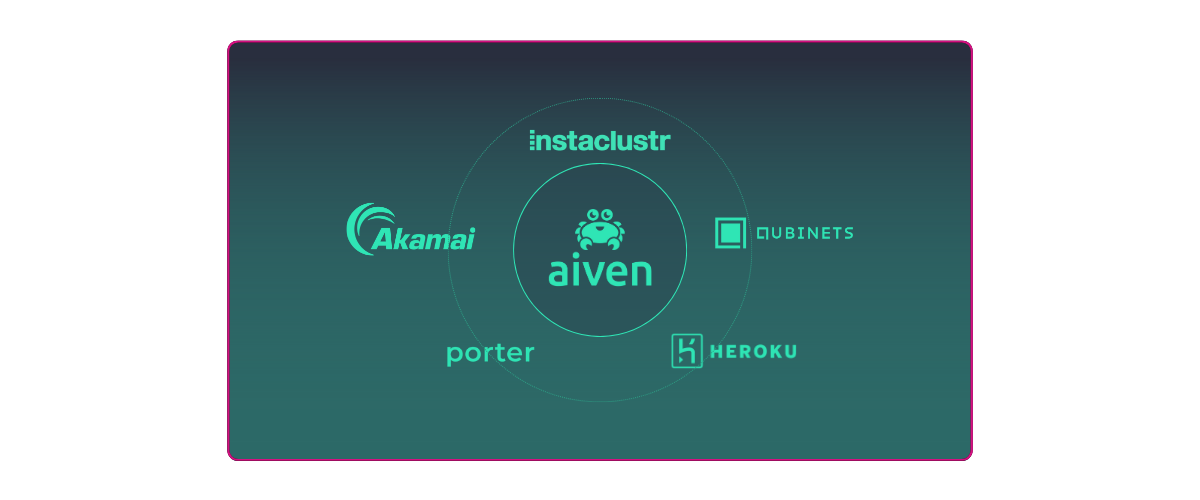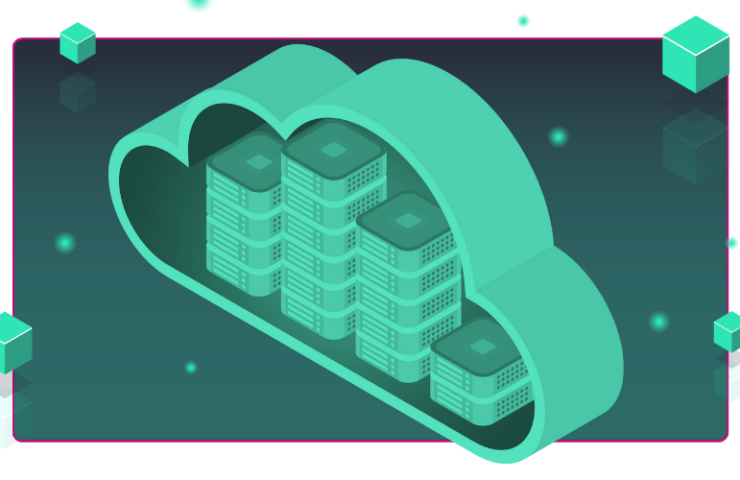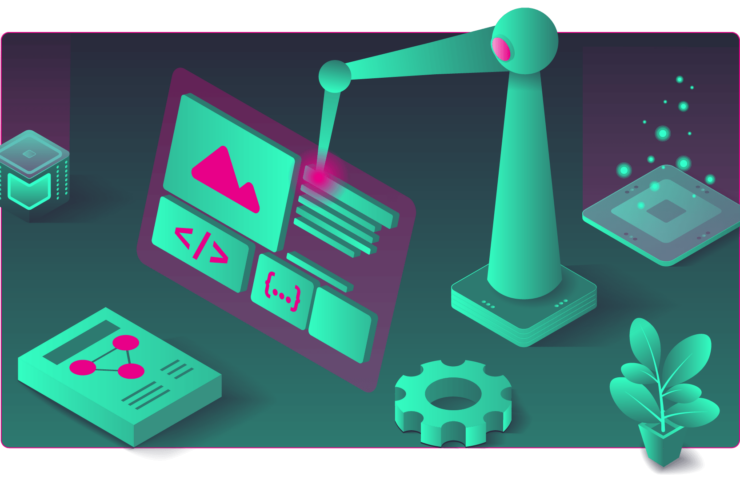Aiven stands as a formidable player in cloud data infrastructure, offering robust and scalable data solutions.
With its platform, you can access a suite of managed open-source data technologies such as PostgreSQL, Kafka, and others, all set within the cloud for easy access and excellent flexibility.
When choosing cloud services, you should consider your options carefully.
This article is a simple guide that compares Aiven with similar services, highlighting what they offer and how they compare.
Instaclustr
Instaclustr specializes in delivering fully managed open-source data technologies, ensuring reliable and scalable data solutions without the burden of internal management.
Key Features:
- Apache Cassandra: Instaclustr offers a managed Cassandra service, providing a stable foundation for large-scale, high-volume systems.
- Apache Kafka: For real-time event streaming, their managed Kafka service simplifies complex data pipelines.
- PostgreSQL: Opt for managed PostgreSQL for flexible and reliable relational database management.
- Redis: Managed Redis from Instaclustr gives you high-performance data structure storage.
- Elasticsearch: Their Elasticsearch service allows quick and efficient search capabilities for varied datasets.
Advantages: Instaclustr’s platform stands out for its reliability, offering high availability and performance. The scalability of their services means that as your data grows, their infrastructure seamlessly adapts. Furthermore, security is a core element, with Instaclustr providing robust protection measures for your data.
Use Cases: Businesses across industries rely on Instaclustr for critical data workflows. From financial services requiring consistent uptime, to e-commerce platforms needing fast search capabilities, Instaclustr’s managed services prove invaluable.
When compared to Aiven, Instaclustr is praised for its ease of use and administration. This can be pivotal when choosing the appropriate managed service provider to partner with. Each has unique strengths, but Instaclustr’s emphasis on ease of use and hands-on support makes it a solid option for those prioritizing straightforward management over a wider array of services.
Porter
Porter is a new player in the world of cloud-based solutions. It gives you a platform where you can easily launch apps directly to your own cloud infrastructure. With Porter, you can start your project on well-known cloud providers such as AWS, GCP, or DigitalOcean.
Key Features:
- One-click application setup: Simplify the process of initializing and configuring your services.
- Continuous deployment: Implement updates to your applications with minimal downtime.
- Integrated monitoring: Keep track of your application performance and health seamlessly.
Use Cases:
- Deploying web applications without the necessary in-house DevOps expertise.
- Scaling services quickly to handle the increased load.
When comparing Porter to Aiven, Porter’s unique appeal lies in its deployment capabilities within your own cloud environment, which might offer you more direct control over your infrastructure. Aiven, alternatively, provides a managed suite of data services that are ready to use.
With its straightforward approach, you can confidently and clearly manage your software lifecycle.
Akamai (Linode)
Overview: Akamai’s cloud computing division, previously known as Linode, offers a suite of cloud services catering to various aspects of enterprise data infrastructure. This integration into Akamai has expanded Linode’s capabilities, focusing on scalable data solutions to meet the growing business needs.
Key Features:
- Virtual Servers: You get a range of virtual machine options which can be tailored to your specific workload requirements.
- Kubernetes: They provide an easy-to-use Kubernetes environment for orchestrating containers.
- Object Storage: Secure and scalable solutions for storing and accessing data.
Advantages:
- Cost-Effectiveness: With competitive pricing, you can manage your finances effectively while accessing premium services.
- User-Friendly Interface: The control panel is intuitive, allowing for easy management of your cloud servers without a steep learning curve.
- Reliable Performance: You’ll find a consistent and high-performing platform, ensuring your operations run smoothly.
Use Cases: Startups and SMEs often use Linode for its simplicity and reliability. A variety of digital services use Linode to deploy web applications rapidly and maintain them easily.
Comparison to Aiven: While Aiven is known for its all-in-one approach to cloud data services, Linode’s integration with Akamai offers a broad set of tools vital for a robust enterprise data infrastructure. The key lies in Linode’s commitment to providing scalable data solutions with a focus on both performance and affordability, positioning it as a compelling Aiven alternative for your cloud computing needs.
Qubinets
Overview: Qubinets is a software-as-a-service (SaaS) provider focused on simplifying the complexities of managing data infrastructure for AI/Big Data projects. It enables you to harness the power of open-source solutions for data management in your business efficiently.
Key Features:
- Managed Open-Source Solutions: Enjoy a hands-off experience with Qubinets managing the nitty-gritty details of open-source database operations. With over 20 Open-Source tools available on Qubinets’s platform, you can build your infrastructure with a few drag-and-drop steps in less than 30 minutes.
- Customizable Cloud Deployments: Tailor your cloud environment to your needs, choosing from multiple providers for optimal performance.
- AI/ML Operations Integration: Seamlessly integrate your AI and machine learning workloads with the data management tools provided.
Advantages:
- Flexibility: Adapt to changing business requirements with flexible infrastructure.
- Security: Benefit from strict security measures ensuring your data is protected.
- Ease of Use: User-friendly interfaces simplify complex data management tasks.
Use Cases: Qubinets is ideal for businesses that need reliable data management without the overhead of managing infrastructure. It suits enterprises focusing on AI-driven analytics or those requiring scalable, flexible data solutions.
Comparison to Aiven: While Aiven also provides a managed platform for open-source data solutions, Qubinets steps ahead with specially tailored deployments and an emphasized integration of AI and ML operations, making it an attractive alternative for businesses seeking a more customized and forward-thinking data management approach.
Heroku
Heroku stands out as a platform-as-a-service (PaaS) that caters to your project needs, focusing on simplifying cloud data infrastructure management. It provides managed open-source solutions that streamline the deployment and scaling of applications.
Key Features:
- Multi-language Support: Heroku supports a diverse set of programming languages including Ruby, Java, Node.js, Scala, Python, PHP, and Go, giving you the flexibility to work with the technologies you’re most comfortable with.
- Developer Tools: It integrates a range of add-ons and buildpacks, enhancing functionality for developers.
- Platform Ecosystem: A rich collection of services and support tools are readily available in the Heroku Elements Marketplace.
The advantages of using Heroku include its remarkable ease of use, which lowers the entry barrier for new developers. You can focus on coding while Heroku takes care of the underlying infrastructure. For developers looking for a robust selection of tools, the platform’s ecosystem offers an extensive array of integrations, streamlining the development workflow.
Use cases for Heroku span from individual developers to large-scale companies that need to deploy, manage, and scale applications swiftly and without hassle. Whether you’re rolling out a web app or running a complex API, Heroku’s managed platform adapts to your requirements.
When comparing Heroku to Aiven, you may find Heroku’s approachable user interface and streamlined workflow compelling, particularly if you’re looking for a solution that integrates well with developer tools and services. Heroku’s established position and reputation in the cloud services industry may instil confidence in your cloud solution choice.
Conclusion
Choosing the right cloud data platform involves assessing your unique operational needs and scalability goals. Consider factors such as compatibility, cost-efficiency, performance, and ease of use to select the best fit for your business.
If you’re looking for a powerful and flexible cloud solution tailored to AI and big data projects, consider giving Qubinets a try. By creating a free account, you can explore our comprehensive tools and services to see how they can enhance your data management and infrastructure.





